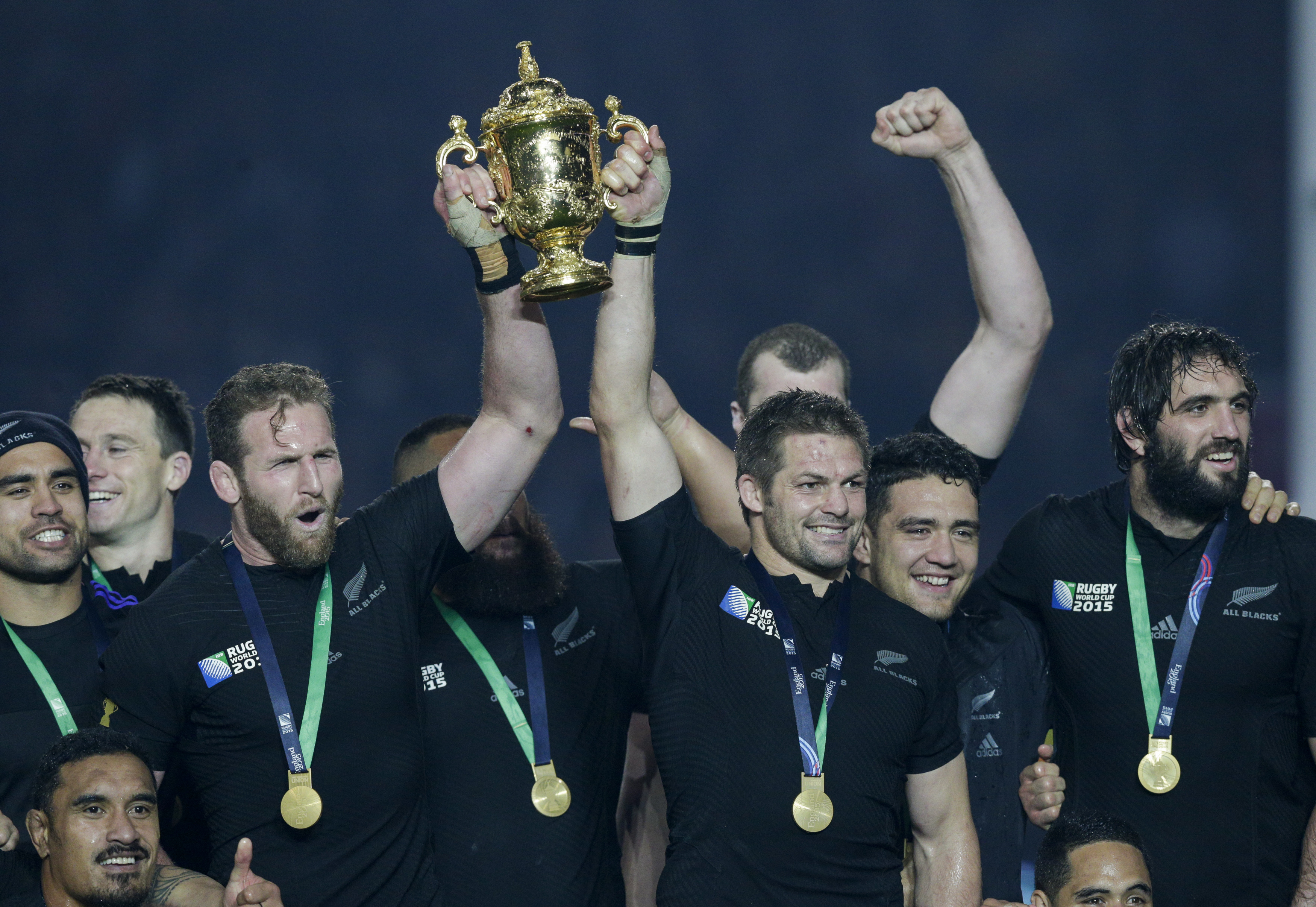
If there was one thing Sky wanted to hold onto it was the rugby rights - which is why emergency sirens rang across media when it was announced the broadcaster was not the preferred bidder for the upcoming Rugby World Cup.
Sky director of sport Richard Last concedes the company would rather have won the rights to the tournament but that it's important to walk away when the price in negotiation isn't right.
"All that we've been informed of is that we're not the preferred bidder," Last told the Herald.
"I can't comment any further than that beyond saying it's normally because of money, money and money."
Asked why Sky wasn't willing to bid higher to hold onto the flagship rugby event, Last explained that Sky has an allocated budget and that the executive team needs to make strategic decisions based on what can deliver the most value to the company and its customers.
"It's a six-week tournament, not a six-month tournament. We have to prioritise things over the longer term," he said.
The loss World Cup Rugby rights has widely been identified as the first sign that Sky is losing its tight grip on the all-important sports rights, but Last says the Rugby World Cup is not the first sports content Sky has lost in recent years.
"The Premier League went and it came back, and then the golf went and it came back," said Last in reference to previous bidding wars with sports streaming service Coliseum Sports Media.
Last also countered claims that other sports rights would follow the Rugby World Cup, saying that Sky's local production capabilities are a major asset to its partners.
In elaborating further on this point, Last said that over the weekend of 23 March alone Sky had 69 crew working on the Blackcaps Pink Ball Test, 95 on the two Super Rugby Games, 44 on netball, 15 on kickboxing and 20 on the NZ Football Championship.
The point Last makes here is that any bidder eager to get their hands on the rights for local sporting events would have to bring broadcasting infrastructure to the table.
Sky often has many as 1,100 crew working around the country to deliver various sporting events around the country.
This is not to say that other broadcasters wouldn't be able to deliver something similar, but it's certainly a major contributing factor to Sky's hold on the rights for the major sporting codes over the last two decades.
Last said that any budget spent on sports rights had to be measured against the likelihood of making a profit from those rights. This mirrors Sky CEO John Fellet's long-held view that it's easy to buy content but far more difficult to make money from it.
On this topic, he also questioned how the preferred bidder – understood to be a dual effort from TVNZ and Spark – would make money from rights without charging viewers for the games.
"We justify the money we're able to bid because it's subscription television," Last said.
"If they've put in a bigger bid than we have, then how are they going to get their money back unless you put it behind a paywall?"
This is, of course, speculative at this stage given that finalised deal is yet to be announced. Indeed, it's also possible that Spark, in particular, might be willing to make a loss on the rights and treat the six-week runtime as a major marketing opportunity.
Regardless of how the event is monetised, TVNZ and Spark can rest assured that the nation's attention will be glued to every second of the action. They just need to make sure the streams don't buffer and that they actually feature the games Kiwis want to watch.
- By Damian Venuto












